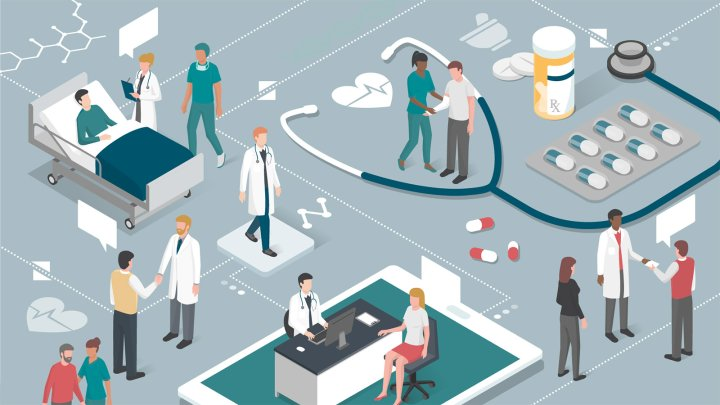Response to Dr. Sean Flynn's "The Cure That Works - How to Have the World's Best Healthcare at a Quarter of the Price"
Introduction:
All in all, Dr. Sean Flynn’s speech was thought-provoking and inspiring to me. As a pre-health student who is currently just scratching the surface on what it is like to have a career in healthcare, I found this talk to be very interesting. Regardless of if you are a future provider though, this talk is relevant to all of us as we have all been patients at some time or another, and we likely all have some form of medical insurance. Additionally, given the statistics for having health complications that exceed the cost of what most insurances cover as we age, the amount we spend on health care in our lifetimes will increase from here on out, so this is a huge issue for all of us.
Discussion:
At the start of his speech, Dr. Flynn points out that the current healthcare system in America is broken not only for patients, but providers as well. I thought this was a great point because the public often thinks that becoming a doctor is a great profession and they are well off, which is definitely the case for some, but the job is not all it is cracked up to be. As someone who is going into healthcare, it is tough to think that I will have a career within this broken system. Although Dr. Flynn recognizes this, he also makes a comment that insurance allows providers to rack up bills and make ends meet, which I thought seemed extreme. I certainly believe this happens and there should be more safeguards in place to prevent it; however, I think it deserves saying that a lot of providers feel as if insurance is working against them, not a force they collude with. In my experiences volunteering at a local hospital, I have seen healthcare workers frustrated week after week with insurance companies and struggling to create effective care plans for patients in need because of the barriers presented by our current system. I think this shows an additional way that changing the system would result in better care from providers. Dr. Flynn credits improved care in a decentralized healthcare system to the competitive relationship it would create between providers, but I think it should also be noted that taking away the barriers that insurance currently contributes to the healthcare system could allow for providers to spend more time focusing on their patients, so this would be an additional way that patient care would increase.
Dr. Flynn mentions that the difference in population between the US and Singapore is irrelevant because the Singapore system can be scaled up; however, I think it would be more concerning if the system would scale up to our country’s size rather than population. What I mean by this is Singapore exists as a city-state with virtually no rural population whereas in the US, a huge hole in our current healthcare system is rural communities. This comes into play when Dr. Flynn mentions that part of why the decentralized systems works is because patients are more like consumers, and they will choose to pay for care that better suits their finances or care expectations. However, in a country like the US where there is a large rural population, this aspect of the system doesn’t hold up. Some areas have very limited options in healthcare, so in a more decentralized system a single clinic in a large rural area would have the possibility to abuse their position and drive-up prices. It could be argued that this will drive competition into rural areas; however, it seems unpredictable, and the transition period could leave a lot of communities struggling to pay for care more than they are now. Additionally, Dr. Flynn mentions that one way this system would save money is that when patients are making choices based on how much money a visit will cost, more patients would go to urgent care instead of the emergency room. This is true in some cases and can be considered a pro, but again in America we have many rural communities that don’t even have both to choose from, or urgent cares that can supplement most services an emergency room can do.
Regardless of these small issues I had with Dr. Flynn’s speech, I agree with the overarching idea that our current system does need to change. As he points out, basically every other well-developed country has a better system than us, so I would like to hear more about how changing our system would work. For example, in switching to the Singapore system people would not have the savings from the savings plan that Singapore uses until several decades into the system change, so how would that transition work. I wonder if it is even logical to consider that the US would undergo a dramatic change in the healthcare system at this point. It would be extremely difficult to coordinate that transition especially considering that if people do not have savings and don’t have insurance, there would be a huge problem. If we are unable to change the system, I wonder if we would see an increase in small scale acts of decentralized medicine, such as concierge medicine which already exists currently in the US.
